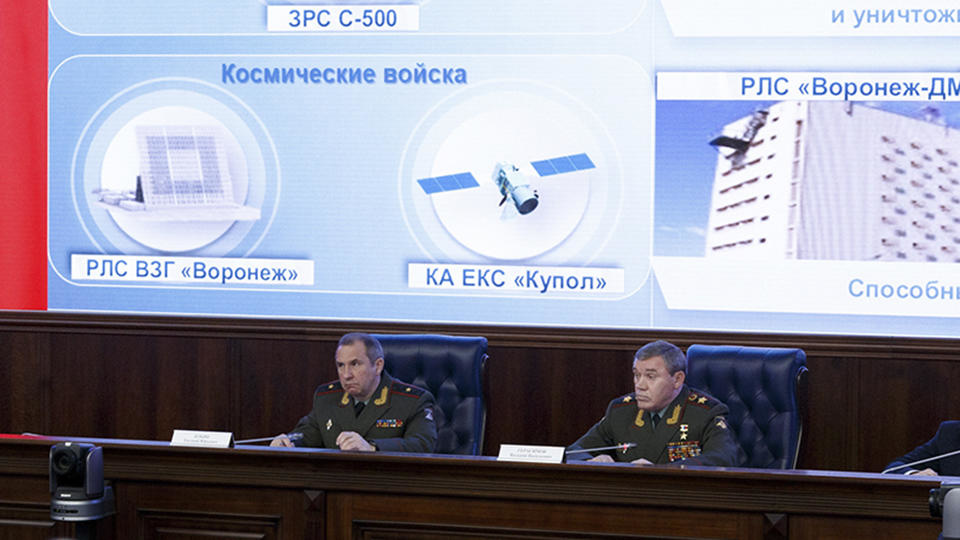On May 22nd, Russia is to launch its 4th Kupol satellite, to replace the current Oko-1 constellation.
The Unified Space System (EKS) Kupol is still in development.
On December 18th, Russian General Staff Chief Valery Gerasimov confirmed that Russia is modernizing its orbital missile early warning system.
The new satellites, designated Kupol, began replacing Russia’s Oko-1 satellites in 2015.
As of 2019, the Kremlin has launched three Kupol satellites into orbit. By 2022, it is expected to have 12 such satellites into orbit.
The Oko-1 system functioned from 1996 to 2014, it consisted of eight satellites, the first of which was launched in 1991. The new constellation of satellites now has three satellites; by 2020, nine new ones should be launched.
At the beginning of 2019, the Ministry of Defense reported that the EKS should become the basis of the space echelon of the missile attack warning system, significantly reducing the detection time of ballistic missile launches and significantly increase the efficiency and reliability of the warning information of the country’s military-political leadership about missile threats.
EKS is designed as a replacement for the current system of early warning satellites called Oko, which had its first launch in 1972 and was described in 2005 as “hopelessly outdated”.
Information on the new EKS system is scarce but it appears that it was designed by Energia Corp in 1999-2000 and was selected against a proposal from Oko manufacturer NPO Lavochkin.
The Russian Ministry of Defence awarded the contract to Energia in 2007 with an expected delivery date of 2008, for a test launch in 2009.
In 2009 it was reported to be delayed until late 2011/early 2012.[19] In 2011 the Russian MoD sued Energia for the delay, claiming that a contract extension issued until May 2010 was invalid and asking for 262 million rubles in compensation.[20] According to news reports Energia said that the contract extension was valid and that the problem was with their subcontractors.
In addition, they said that the Russian MoD kept changing the specification and demanding things that were beyond the capabilities of the industry.
The Russian MoD lost the court case. Energia delivered a satellite in 2009 but as of April 2012 there had not been a test launch.
In April 2012 minister Alexander Sukhorukov announced that a contract had been signed to manufacture these satellites and that there would be a launch later in 2012. The last satellites of the previous Oko system were Kosmos 2479, launched on March 30th 2012, and Kosmos 2469, launched on September 30th 2010.
The first EKS satellite (Kosmos 2510, EKS-1, Tundra 11L) was eventually launched from Plesetsk on November 17th, 2015 using a Soyuz-2.1b rocket.
MORE ON THE TOPIC:





A kind of funny. Others do the same thing.
Soon even marsians cant come undetected.
If anything the space up that should have a vakkum claner for old datelitecrap.
But OK. My computer us and uograde to and is better end faster by that.
Could be a very big technological jump by the Russians.
Here’s to 200% success rate mister russians :))))